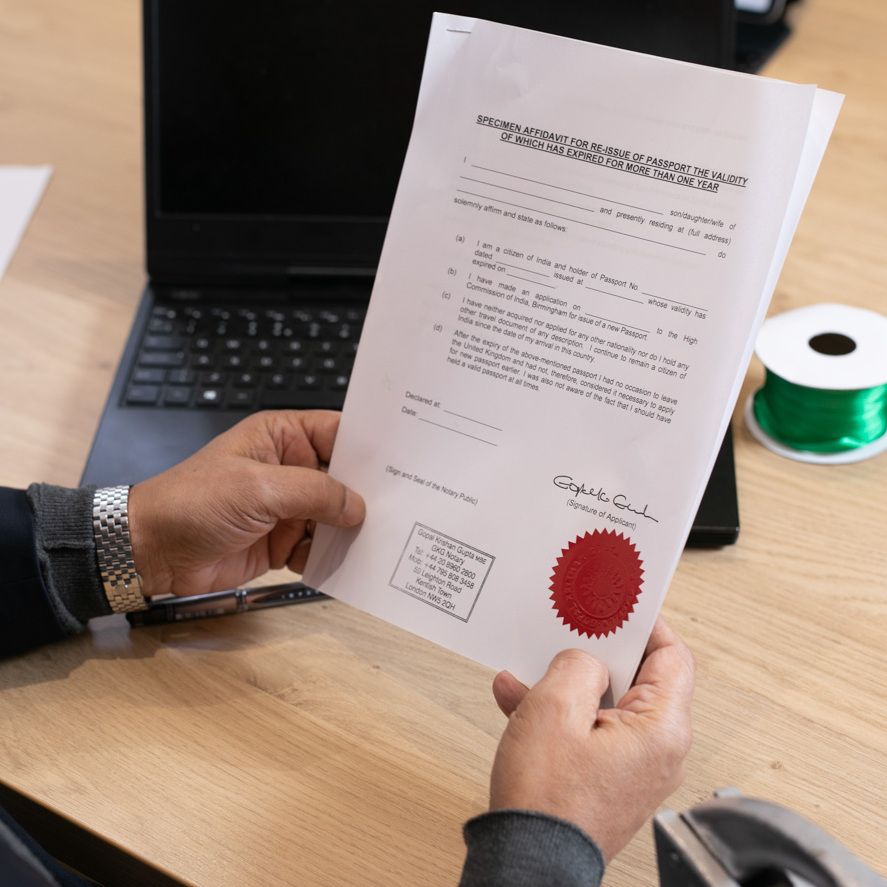Getting an APOSTILLE is straightforward
if done correctly

Getting an APOSTILLE in the UK seems simple enough — submit your documents to the FCDO and receive certification. However, many applications are delayed or rejected due to avoidable mistakes. Understanding the most common errors will help you save time and money.
Mistake 1: Sending Uncertified Copies
Some documents must be certified by a solicitor or notary before the FCDO will issue an APOSTILLE. Submitting photocopies without certification is a common reason for rejection.
Mistake 2: Confusing Apostille with Legalisation
Applicants often assume that an APOSTILLE is always enough. In reality, for non-HAGUE countries, additional embassy LEGALISATION is required. Failure to check this can result in documents being rejected abroad.
Mistake 3: Using Incorrect Documents
Certain documents are not eligible for APOSTILLE, or you may need an official version from the issuing authority. For example, only registrar-issued birth certificates are accepted, not hospital versions.
Mistake 4: Waiting Until the Last Minute
APOSTILLE and LEGALISATION can take time, especially if embassy attestation is required. Many applicants underestimate processing times and miss critical deadlines.
Mistake 5: Incomplete Applications
Errors in forms, missing payments, or failing to include return envelopes can all delay processing.
How to Avoid These Mistakes
- Check requirements carefully before submission.
- Use originals or certified copies only.
- Confirm if your destination country is part of the HAGUE Convention.
- Apply early to allow for unexpected delays.
- Consider professional services to manage the process.
Conclusion
Getting an APOSTILLE is straightforward if done correctly. By avoiding common mistakes and understanding when embassy LEGALISATION is necessary, you can ensure your documents are accepted abroad without unnecessary setbacks.













